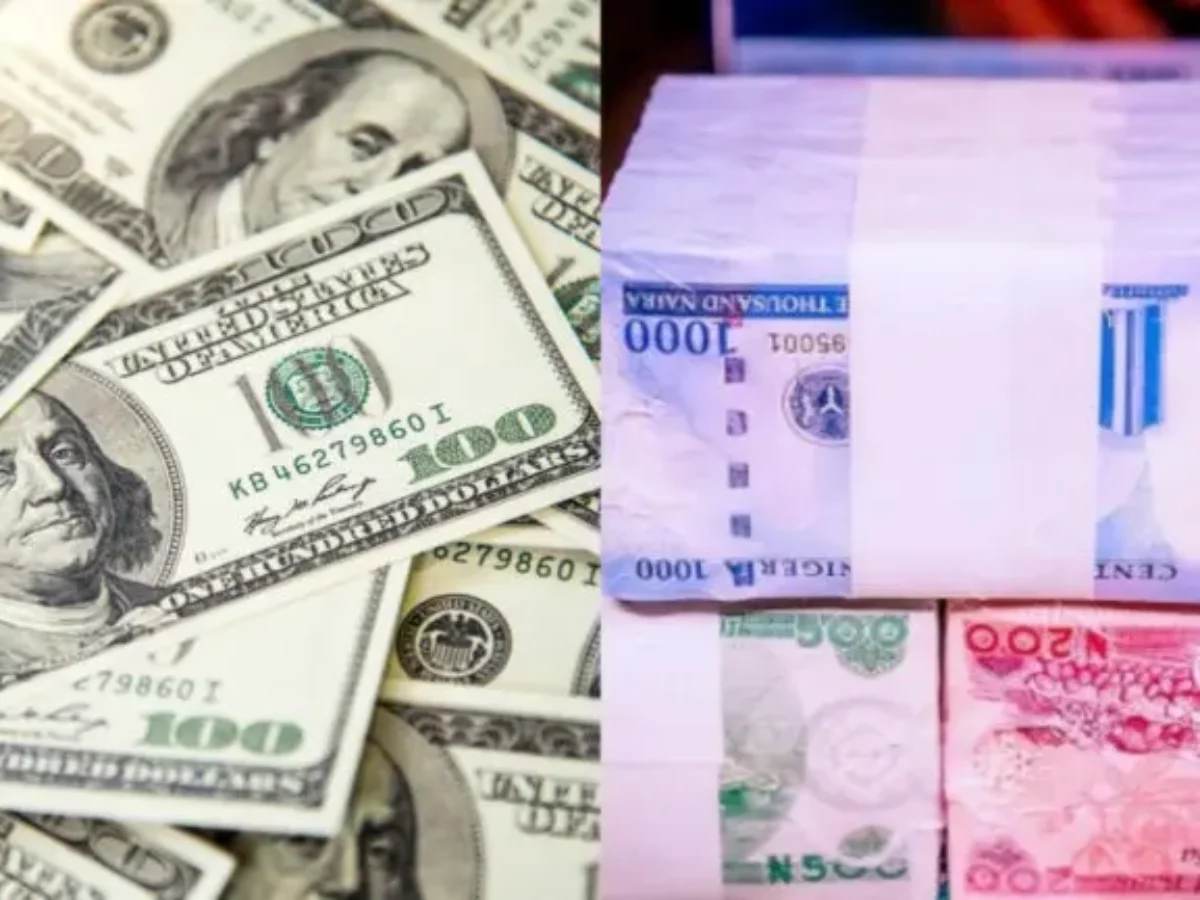Business
See Exchange Rate Tonight As Naira Slightly Strengthens Against Dollar

Naira displayed mixed signals against the dollar in Nigerian FX markets on Thursday.
The greenback rose from seven-month lows amid some bargain hunting, though dollar gains were capped by expectations of interest rate cuts.
The naira gained roughly N50, settling at N1,543/$1 on Wednesday, up from N1,592/$1 on Tuesday, according to data from the NAFEM market.
However, the domestic currency lost the N1,600/$ support line in the black market, trading at N1,610/$1 late Wednesday, compared to N1,605/$1 on Tuesday.
Market indicators confirm that despite improved macroeconomic conditions in the Nigerian FX market, the local currency is struggling to maintain the crucial N1,500 support level and is under significant strain this month.
Fundamentals suggest that the local currency may move towards N1,800/$1 if it cannot sustain its current levels.
See Exchange Rate Tonight As Naira Slightly Strengthens Against Dollar
At this point, even staunch proponents of free market economics will be skeptical that the naira will reach its March highs this quarter.
According to IMF projections, the naira is expected to depreciate by 35 percent by 2024, with a final value of N2,081/$. Different entities have varying views on the naira’s performance in 2024. The FDC was more optimistic, projecting that the naira’s exchange rate will stabilize at N1,580/$1, while the Economist Intelligence Unit (EIU) predicted N2,000/$. The Federal Government of Nigeria’s 2024 budget assumption set the exchange rate at N800/$1.
Nigeria’s apex bank’s recent attempt to support the faltering naira by providing record amounts of FX directly to companies has not had the desired effect. The naira has barely moved since the CBN sold about $815 million directly to companies on August 6, the largest single-day intervention under CBN Chief Olayemi Cardoso, ranging from manufacturers to airlines.
The rapid increase in the parallel market rate has sparked concerns that it might continue to affect the cost of many imported goods, except for petrol, which appears to be supported by NNPCL. Foreign exchange traders also blame the CBN’s erratic dollar sales for the ongoing pressure on the naira. According to Bureau De Change (BDC) operators, “The CBN doesn’t sell dollars regularly enough,” causing consumers to lose faith in the currency market, which puts pressure on the parallel market.















